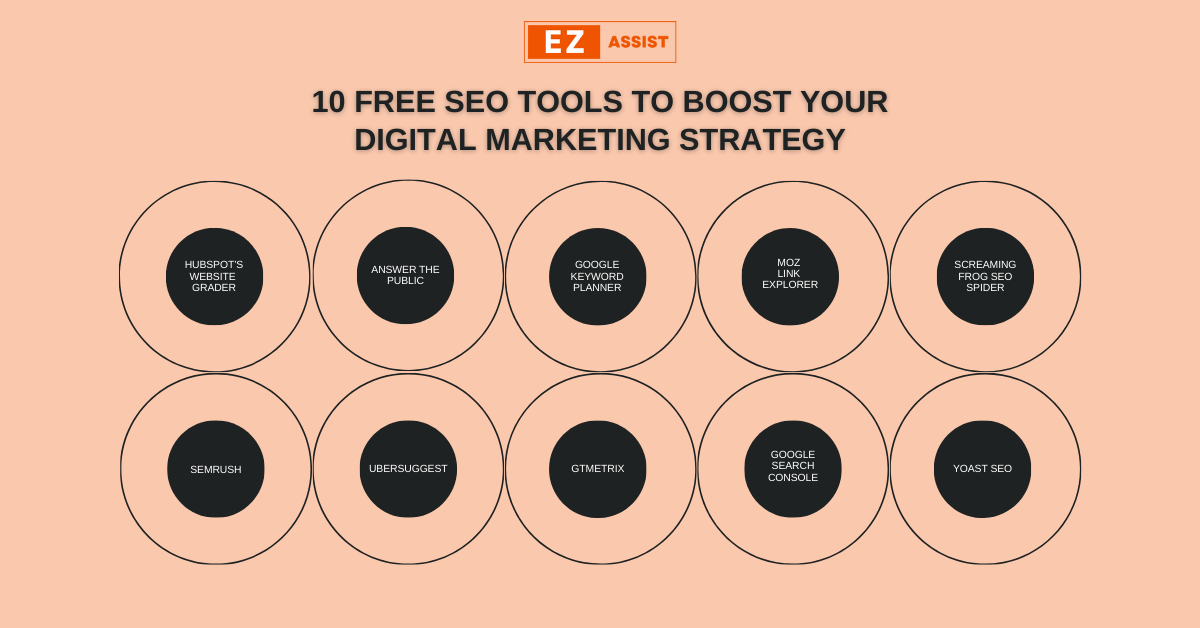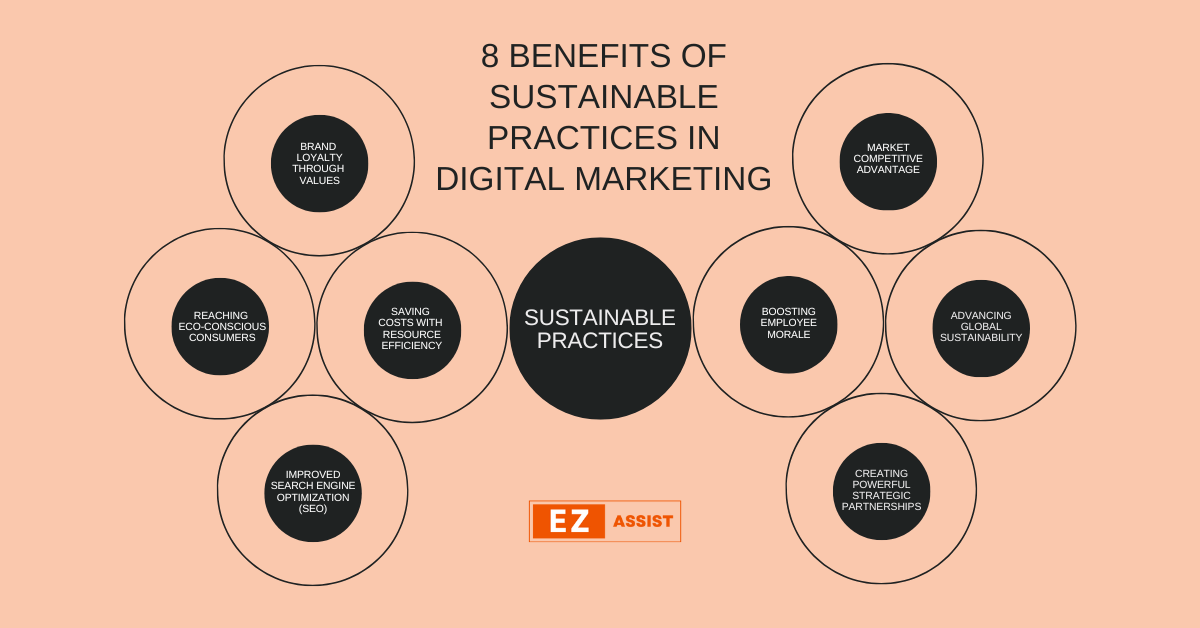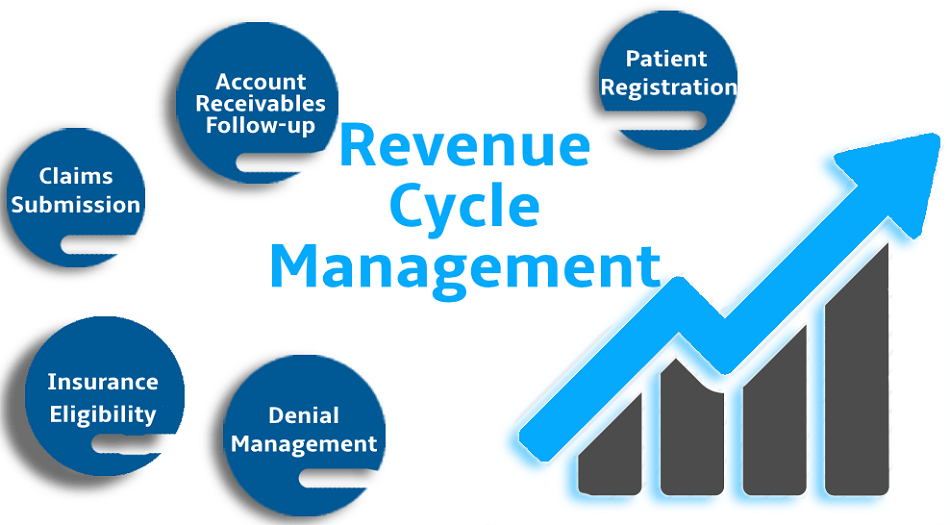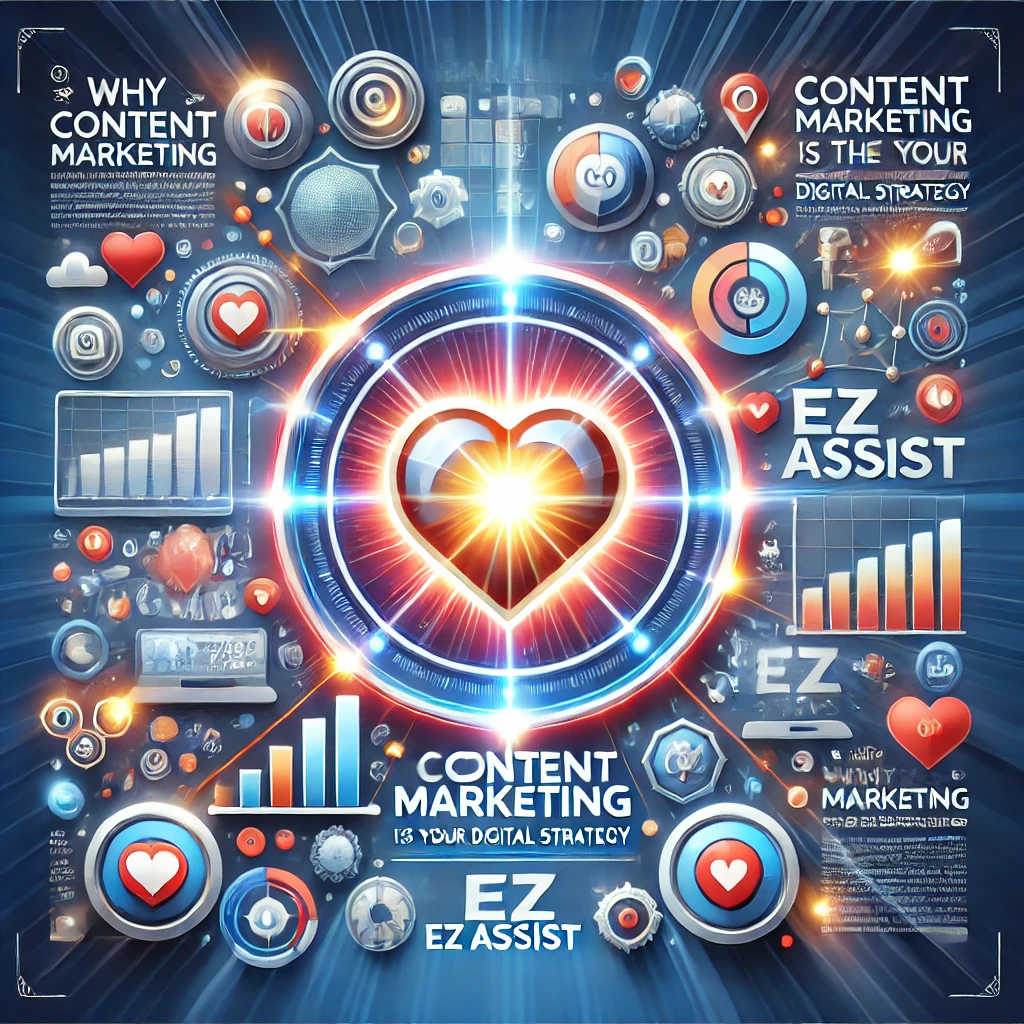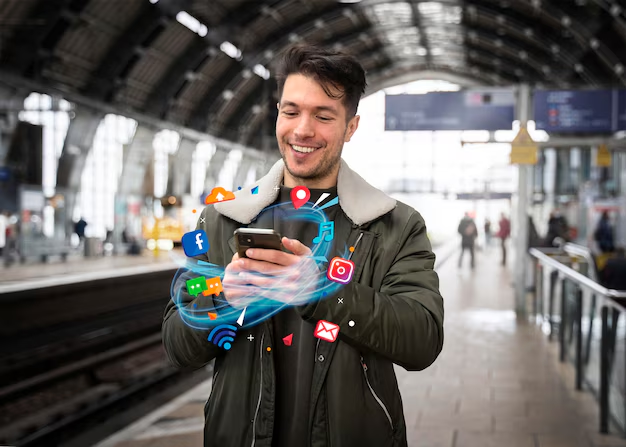
In creating new memorable experiences for the customers, firms of the travel and hospitality sector, focusing on the needs of customers, employ the tools of digital marketing while interacting with the customers at every step of their journey. From the first point of scanning for holidays to the final point of writing reviews, it is through these tactics that will actually guide businesses to attract and engage customers. In fact, this blog explores the issue of how firms in the travel and hospitality industry can exploit digital marketing to position themselves anew in the rigorous environment of competition existing in that industry.
In What Ways Is Digital Marketing Important in Travel and Hospitality?
The approach with which travelers are treating their journey with the touch of the internet means many other means of marketing can no longer be leveraged. Digital marketing enables such businesses to have more chances than ever before that they could provide for their businesses:
Improve Exposure: So be on the search result list and on social media channels to activate so that when travelers are browsing for businesses, your company does not miss the prospect.
Reliable on Reviews: credibility built through reviews, credible or well-known reviews, and content tailored accordingly to suit the reader.
Book More Reservations: Use ads to their fullest potential, invest in better website management, and add even easier reservation services to ensure everyone who wants to book.
Loyalty Promotions: Provide travelers with a chance to hear email advertising and to follow social media outlets that will encourage them to travel again.
Powerful Online Marketing Approaches for Travel and Hospitality

1.Search Engine Optimization (SEO)
As would-be tourists search for information about their destination of choice and the best hotels and other provisions, one is more than justified in making the reasonable claim that search engines form the perfect starting point for such a strategy. For this reason alone, SEO is highly indispensable to any form of marketing.
Local SEO:Optimize your website and do your best to rank for relevant location-related searches like “hotels near me” or the best restaurants in a given city. Ensure proper utilization of keywords, Google My Business, as well as a local review.
Content Creation:Create engaging destination guides and itinerary pieces that have a good chance of driving traffic organically while building authority for the brand.
Mobile Optimization:Since most of the travel search happens on smartphone devices, ensure the website is optimized to allow smooth access to mobile users.
Voice Search Optimization:Quick if the device being used is a smart assistant and use phrases such as “What are the best resorts in [destination]?”
2.PPC
Since the holiday PPC ads allow the service to be viewed within a short time, all travel booking has already been completed.
Google Ads:Target such relevant and highly intent-bound keywords like “cheap flights to [destination]” or “luxury accommodation in [city]. Use age and other identifying characteristics to get maximum returns”.
Retargeting Campaigns:Some people have been interested in your offer, and they come and view your site, but some don’t go on to make the purchase. Retargeting enables capturing them again using unique offers.Advertise on Facebook and Instagram, and there are good ads based on age, location, interests, and even a behavioral approach.
3.Social Media Marketing
Social media networks have become a fantastic medium to share the feel and sight of travel and hospitality.
Platforms:Instagram for attractive images, Facebook for the building of communities, and TikTok for funny videos.
User Generated Content:Encourage your clients to post their holiday photos and tag your business so that you get more word-of-mouth promotion.
Live Content:Be presenting authentic interactions like live stream Q&A, virtual tours, and behind-the-scenes pieces.
Seasonal Campaigns:Use your message aligned with the trends related to traveling, whether it is summer holidays or winter seasons.
4.Content Marketing.
To attract and retain the attention of travelers, quality input is indispensable and out of the question.
Blogs:The reader can be inspired by availing advice, travel routes, pictures and videos of his journey, and travel tips.
Videos:Make short films that promote travel destinations, among other things, such as features of hotels and festivals.
Infographics:Graphical representation can be used to narrate stats such as “Ten Most Visited Places in the World in 2024” or “10 Best Ways to Prepare for International Travel.
5.Email Marketing
The cheapest and simplest way of converting the lead into a booking is through lead-nurturing email campaigns.
Personalized Offers:Segment your audience and be ready with specific discounts and offer travel packages or suggestions based on their last engagement.
Abandoned Cart Reminders:Mail users who have attempted to book but, for some reason, could not finish and are now motivated enough to finish their planning.
Event Invitations:Educate the masses about such events like webinars or hosting some travel extravaganza for interaction.
Post-trip contact:Use follow-up messages thanking the customer for their business, asking them to provide feedback, or recommending similar trips in the future.
6.Online Reputation Management
This is extremely important for new customer acquisition.
Reviews:Get the customers who are satisfied with the services they have received to leave positive reviews on Google, TripAdvisor, or Yelp.
Testimonials:Use positive reviews and the storyline of the happy customers on the related websites and social media accounts.
Discontent:Manage disputes strategically and honestly in a way that the clients can still trust you as well as their steadfast approach to such issues.
7.Influencer Marketing
Using travel influencers strategically can make your brand reach more eyes and enhance its trustworthiness.
Actual Promotion:Partner with partners that push your products to the audience you want to reach.
Content creation:High-quality value content can be created by offering free stays in exchange for it or experiences.
Campaigns:Feature brand awareness and engagement aggressively within campaigns as well as influencers-hosted giveaways or challenges.
8.Optimization of Booking Platforms
A user-friendly booking portal will convert any visitor to the site into a customer.
Obvious CTAs:Always have ‘Book Now’ and ‘Check Availability’ buttons available.
Mobile Friendly:It should deliver ease of easy navigation and booking through mobile devices.
Trustworthy Payments:Use only reliable payment channels so that customers are assured of their safety.
Correct-time availability:Always display correct availability so that booking is easier.
Emerging Trends of Digital Marketing for Travel and Hospitality.
Virtual Reality (VR) and 360-Degree Resort Drone Videos:Allow the potential traveler to feel the future visit through 360-degree videos of hotel rooms, facilities, or other attractions.
Chat AI:Give instant answers to queries, bookings, and a treasure trove of related information.
Green Campaigns:Grab the attention of travelers with the campaign that reflects commitment to sustainability.
Voice Search Recognition:Prepare for travelers who become more likely to use voice commands for travel-related searches.
Big Data:Leverage massive volumes of customer-related information in order to give audiences the best deals and recommendations.
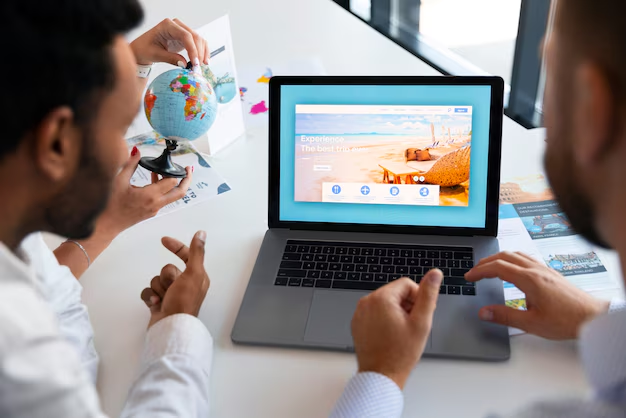
Advantages of Digital Marketing for Travel and Hospitality Industries.
Reach Global Market: Find an ample number of new markets and interact with audiences across various countries.
Cost-Effective Advertising: Invest in a campaign that targets potential customers effectively and yields a high return on investment.
Increased Customer Satisfaction: Leverage digital solutions to increase customer interaction and assistance.
Intuitive Real-Time Monitoring: Assess the effectiveness of advertising through parameters evaluated and modify it instantly to make it more effective.
Conclusion
Digital marketing is not an option today for the travel and hospitality industry but a must. The integration of the SEO strategy along with PPC and in convergence with your social media and content marketing, without which a successful digital initiative was impossible to be seen, heard, or understood. Custodians of new trends and focusing on their consumers, which every businessman will do, are about building relationships with movers around the world and making his business.
The time has now come to start designing your digital marketing strategy and making your travel and hotel business more competitive and attractive to the world’s travelers.


